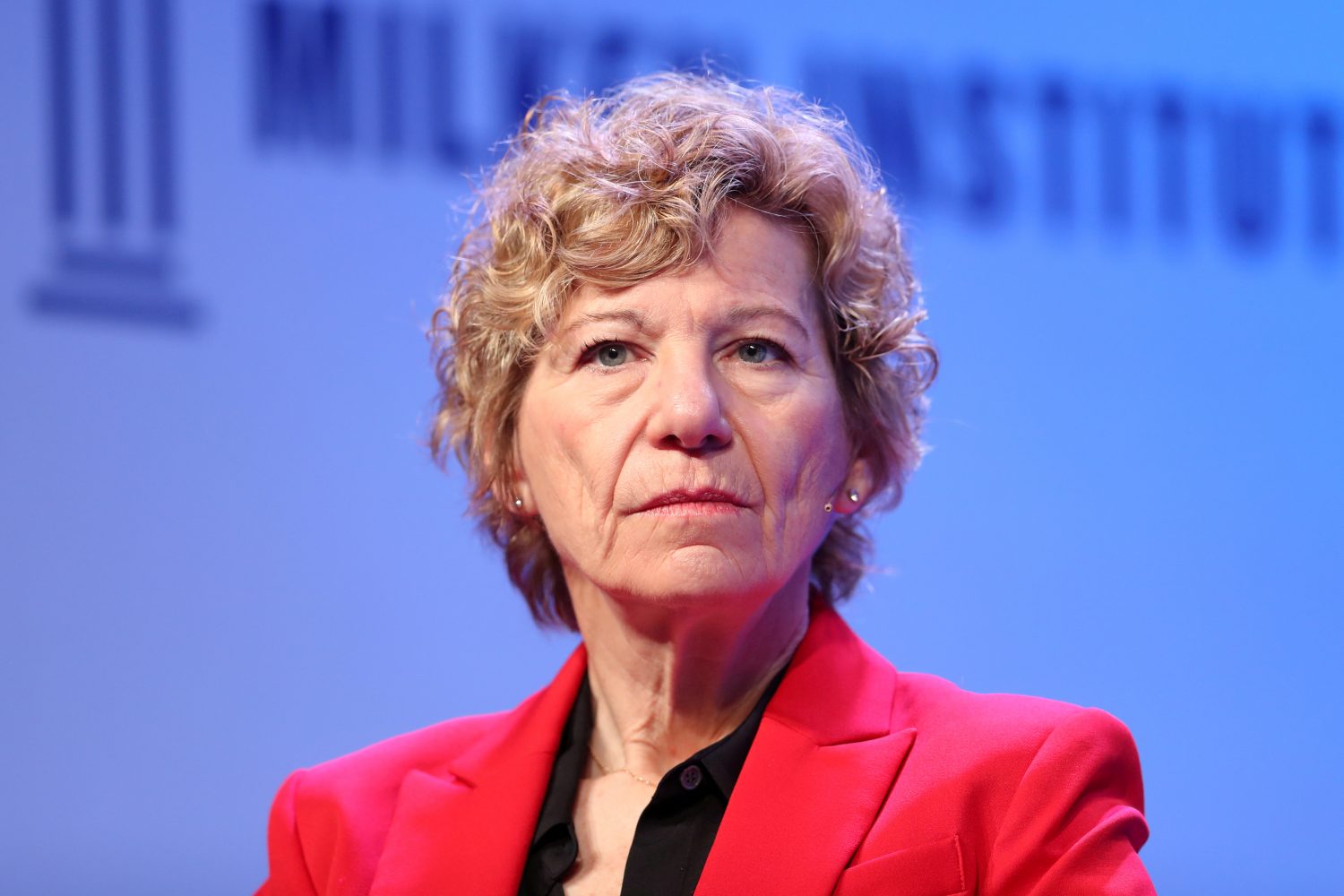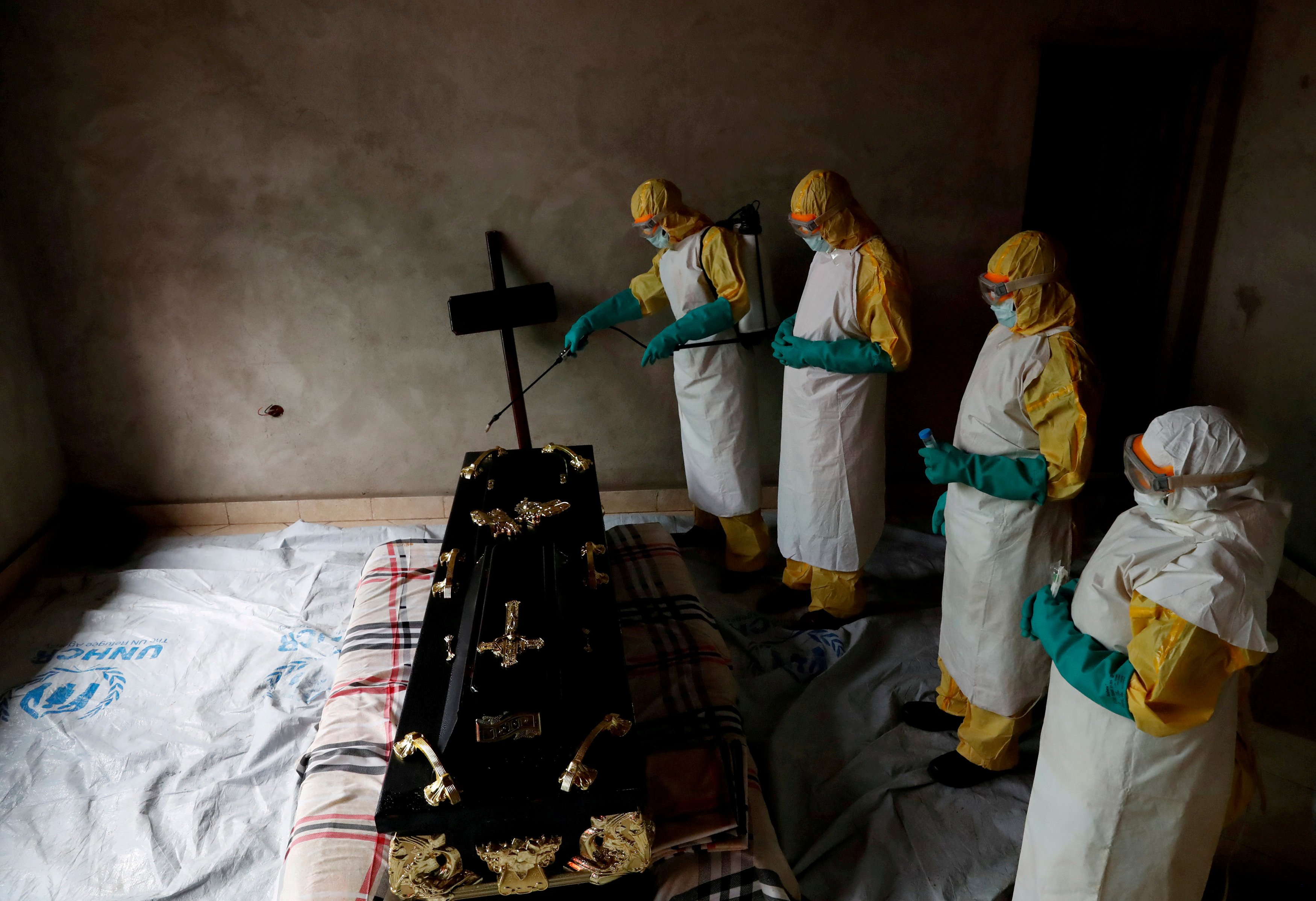
By Chris Taylor
NEW YORK (Reuters) – If you had $50 billion to try to solve the world’s worst problems, what exactly would you do?
That is the daunting challenge that faces Dr. Sue Desmond-Hellmann when she walks into her office every morning as president of the Gates Foundation – the largest private foundation in the United States, set up by Bill and Melinda Gates.
For the latest in Reuters’ Life Lessons series, Desmond-Hellmann talked with us about the winding path that took her from the epicenter of the AIDS epidemic, through years in Uganda, to the top of the philanthropic world.
Q: When you were a kid growing up in Reno, Nevada, what money lessons did you learn from your parents?
A: Two things made huge impacts on me: One was that my mom and dad were both children of the Depression, and the first in their families to go to college, so they really knew the value of education. I was one of seven kids, and every night at dinner we talked about nothing but homework and school and books.
The other thing was the importance of values and faith. All the way through 12th grade, my life totally revolved around church and Catholic school.
Q: What was it like to begin your medical career in San Francisco in the 1980s?
A: I started at UCSF as an intern in 1982, and if you look at the history books, the first descriptions of HIV started appearing at that time. So I was literally becoming a doctor in the epicenter of the epidemic. In fact, my specialty was Kaposi’s sarcoma, which you see in a lot of AIDS patients.
Q: After that, you treated AIDS patients in Uganda. What lessons did you take away from that experience?
A: We were approached by the Rockefeller Foundation to study heterosexual HIV transmission in Africa, so my husband Nick and I sold our Honda Civics, sublet our apartment, and hopped on a plane.
We were extremely isolated. When we came back from Uganda, we never complained about anything ever again.
Q: How long did you and your husband grapple with student loans?
A: We were paying those off for the longest time. I still remember the coupons you had to rip off, and send in with your check. We had a lot of debt we had to get rid of, so we were very conservative with our money. It wasn’t until around 2000 where we were financially secure enough to start giving some away to charity.
Q: You have billions to work with, how do you decide where to direct that money?
A: We are in the equity business, the idea that all lives have equal value. So we believe in education as something that drives equity and that no matter your zip code or background or family wealth, you can get a good public education.
We complement that work with a focus on global health, which began after Bill and Melinda took a trip to Africa and saw children dying of diseases that could have been prevented with vaccines. The big drug companies tend to invest in health conditions that affect the rich world, so we focus on what affects the poor: things like TB, malaria, diarrhea, pneumonia.
Q: What is the best life advice you got from Bill and Melinda Gates?
A: The thing I admire about Bill and Melinda is that they are pretty even-keeled about setbacks. Most people tend to beat themselves up when they hit an obstacle, but they don’t get frustrated. They understand that most people overestimate what they accomplish in one year, but underestimate what they can accomplish in 10 years.
Q: What life lessons do you try to pass on to the next generation?
A: I have lots of nieces and nephews, and a couple of things have been North Stars for me. One is being generous: That can be through money, but it can also be through volunteering, or just how you interact and treat people.
The next thing is that when you have a setback, see it as an opportunity. I have had times in my life where I tried to go left, and the door was closed. So turn right and open another door, because there may be something great behind it. Setbacks are only temporary, so keep moving and don’t get stuck.
(Editing by Beth Pinsker and Jonathan Oatis)



